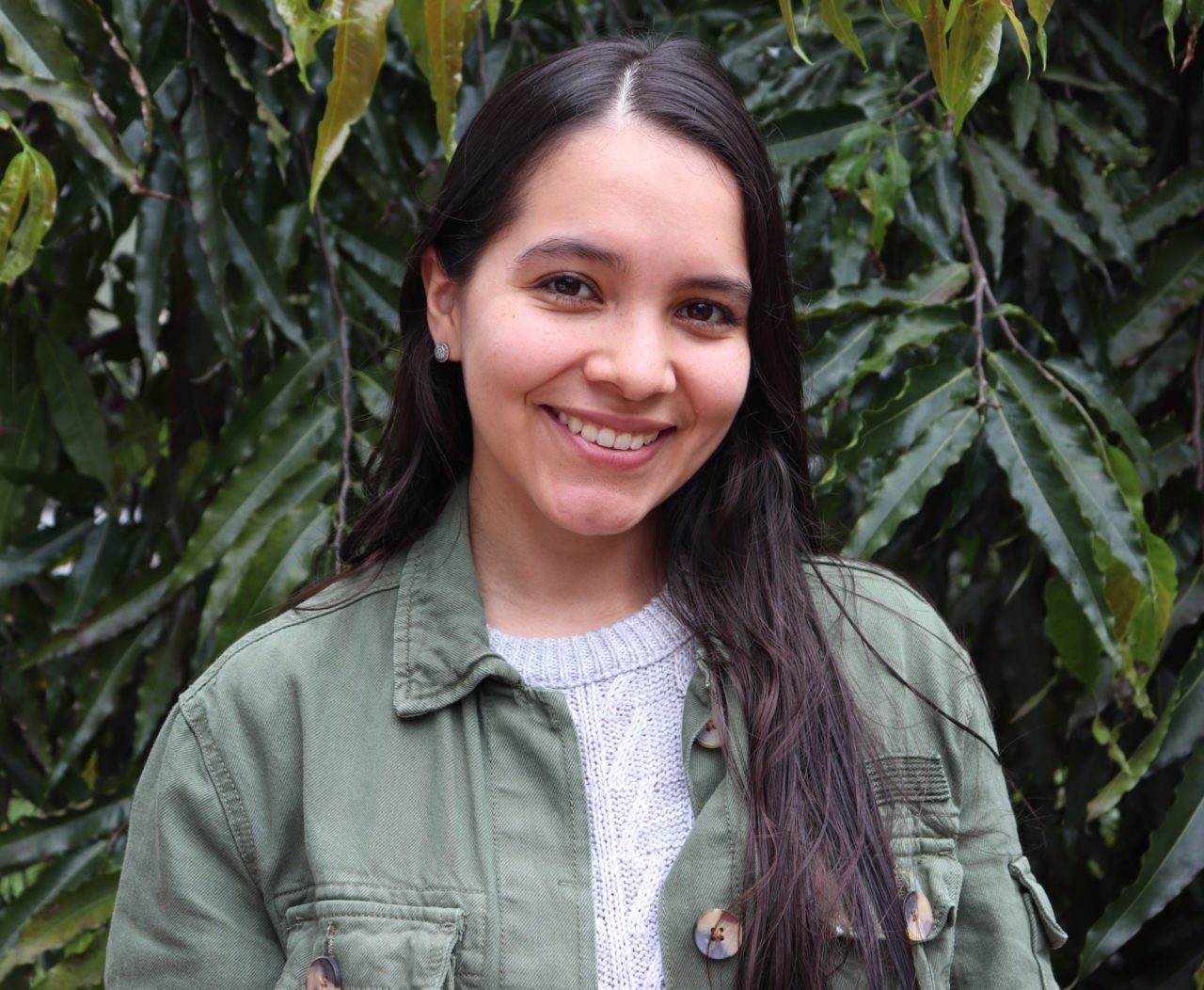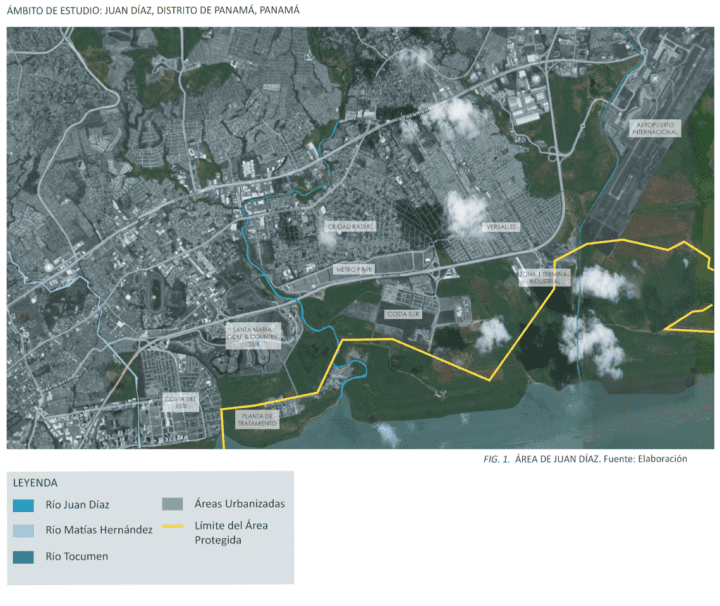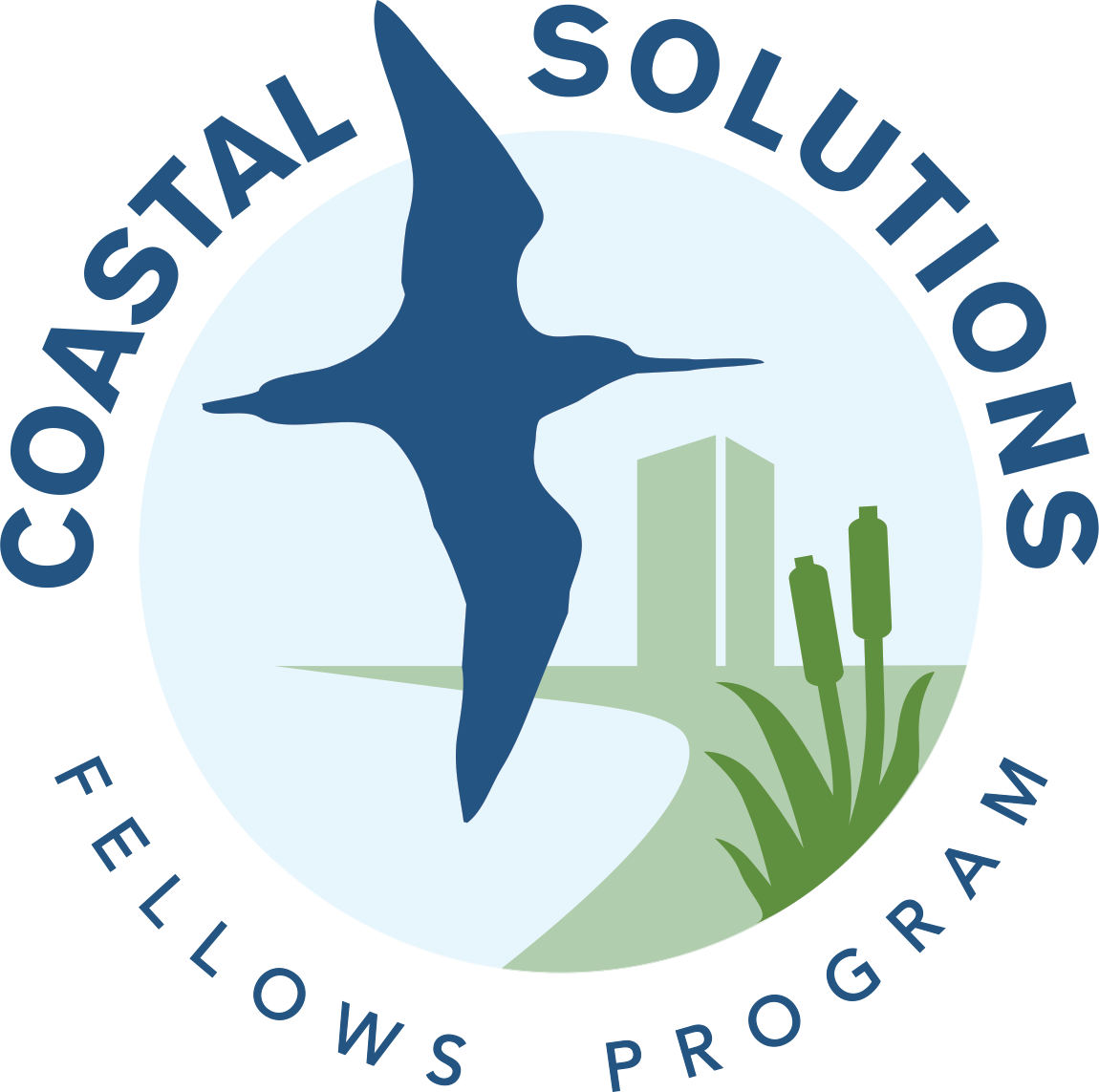Ariadna Araúz

Regenerative Master Plan for the Juan Diaz Area in Panama Bay
Project Site: Panama Bay
Sector: Private
Disciplines: Architecture, Planning, Engineering, Hydrology, Economy, Governance
Collaborators: Global-Nomad, National Research System (SIN) of the National Ministry of Science, Technology and Innovation (SENACYT), Smithsonian Tropical Research Institute
Ariadna Isabel Araúz Ponce is a Panamanian architect who graduated from the Santa María University, with a Master’s in Urban Planning, Sustainability and Climate Change from the Polytechnic University of Cataluña in Barcelona. Throughout her career, she has been highly motivated to contributing to the sustainable development of her country, Panama, which has led her to ensure learning opportunities related to Urban Planning and Landscape Architecture.
For three years she worked at a landscaping company, Hiedra y Bambú Landscaping, serving as head of the design department, developing conceptual proposals, botanical plans and 3D renderings for both public and private projects. This professional experience allowed her to obtain a scholarship in 2018 to participate in the Green Planning and Biodiversity Conservation course taught by National Parks in Singapore. This valuable experience opened new horizons for her, thus understanding the importance and urgency of sustainable planning for Latin American cities, integrating ecosystems as articulating elements to improve the well-being of society.
The protected wetlands of Panama Bay include a diversity of ecosystems that make them valuable as a resting place for shorebirds and provide ecosystem services that offer benefits to society. However, poor planning has placed a strong pressure on this site of continental relevance, affecting its integrity. Real-estate development and expansion is one of the greatest threats, as it causes land use changes for the construction of residential and industrial projects, putting at risk this key site for the Pacific Americas Flyway, decreasing the resilience of these ecosystems and local communities.

To face these challenges, this project proposes to develop a Regenerative Master Plan that contributes to restoring wetland habitat and their surroundings through the use of green and hybrid infrastructures, both public and private. Based on previous projects and consultation processes, priority sites that require the implementation of these green infrastructures will be identified to proceed with the design and search for solutions according to the context of the area.
Additionally, innovative mechanisms will be proposed so that these nature-based solutions will be adopted by the real-estate sector through suitable incentives. Based on economic, scientific, and technical evidence, once these mechanisms are identified, participatory processes will be carried out to raise awareness and educate communities on the importance of these natural assets and the long-term benefit of investing in these alternatives. This interest will allow current public policy to be revised and improved to favor its use, which can result as a new paradigm for Panama City.
Ariadna mentor is Cristián Pérez, architect and urban designer who graduated from the University of Chile, with postgraduate studies in Design and Leadership from the University of Washington. Cristián is also the CEO and founder of Global-Nomad, the host institution for this project. Global-Nomad is a platform specialized in integrated design based on climate adaptation, with a focus on life cycles, high performance, and low environmental impact, both for buildings and sustainability projects. This project also includes the participation of Dr. Omar López Alfano, Technical Secretary of the National Research Office of SENACYT, and associate researcher of the Smithsonian Tropical Research Institute. Additionally participating, is Andrew Coates, founder architect and president of the design firm Cresolus, Dr. Eduardo Reynolds, hydrology consultant at the Swedish Meteorological Hydrological Institute (SMHI) and Ricardo Pérez, professor at the Zoology Department at the University of Panama.

The Coastal Solutions Fellows Program builds and supports an international community to design and implement solutions that address coastal challenges across the Pacific Americas Flyway. Our main goal is to conserve coastal habitats and shorebird populations by building the knowledge, resources, and skills of Latin American professionals, and by fostering collaborations among multiple disciplines and sectors.
